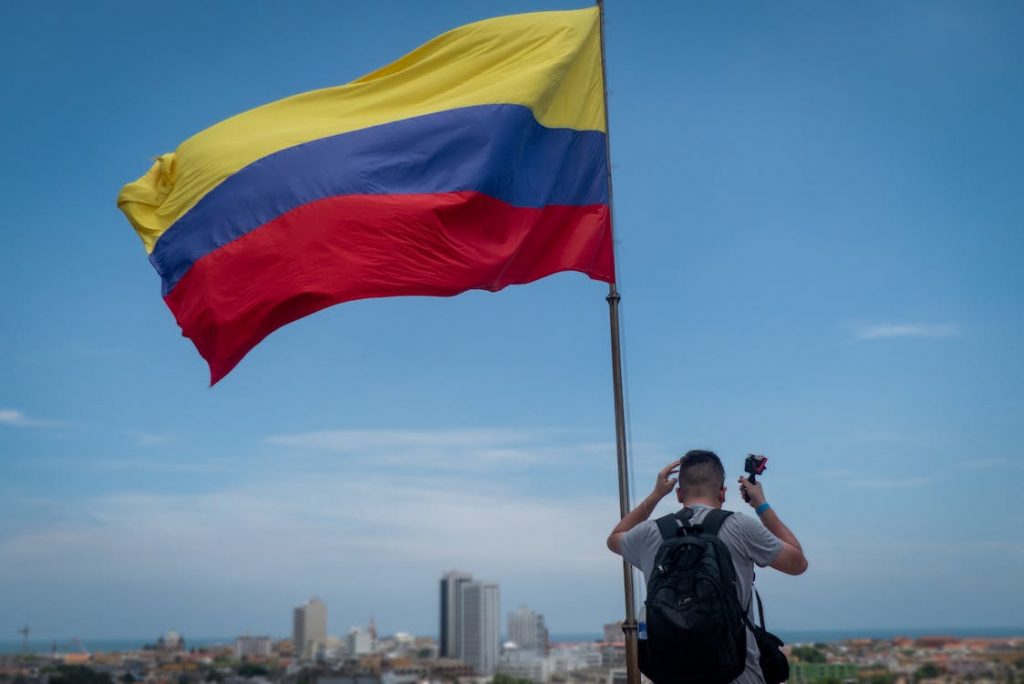Colombia has announced a new policy allowing Indigenous, rural, and other minority communities to spearhead renewable energy generator projects and engage in joint ventures with private companies or the public sector, according to a statement from the energy ministry.
President Gustavo Petro, a leftist leader, has committed to steering Colombia away from traditional oil and coal production, emphasizing a transition towards cleaner alternatives such as solar and wind power. Despite this commitment, various obstacles, including environmental licensing delays and opposition from Indigenous Wayuu communities in the coastal La Guajira province, have hindered the development of renewable energy projects.
Currently, approximately 70% of Colombia’s energy is derived from hydro-electric projects, while less than 1% comes from other renewable sources. Notably, oil and coal remain the country’s primary exports.
The recent decree, signed on Friday and shared by the energy ministry on Tuesday, outlines that groups participating in these projects can utilize renewables or renewable fuels to generate energy. The decree explicitly states that “energy communities or associations of energy communities can associate with third parties from the public, private, or community sector.”
Eligible groups encompass rural farmers, Indigenous communities, and Afro-Colombian communities. The decree encourages communities to prioritize meeting their own energy needs through these projects. In instances where surplus energy is generated, these groups have the option to supply the national grid or export the excess power.
Colombia has witnessed the announcement of over 50 potential wind and solar projects since 2019, with a planned generation capacity of approximately 2.43 gigawatts in wind energy and 0.1 gigawatts in solar. However, none of these projects are currently operational.
Some companies, including Italy’s Enel (ENEI.MI), have faced indefinite delays in their projects, attributing setbacks to local protests that they claim have impeded billions in investments.

